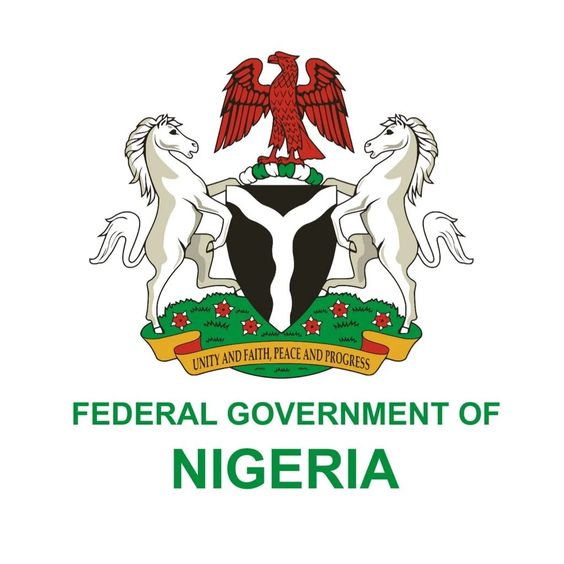Headlines
Subsidy removal: World Bank loan of $299m received by FG, but no payment of N75,000 palliatives initiated yet

Despite the World Bank’s confirmation that part of Nigeria’s $800 million gasoline subsidy reduction palliatives loan has been disbursed, President Bola Ahmed Tinubu’s administration has yet to begin paying N75,000 to needy Nigerians.
According to information obtained by OBASANJO NEWS24 from a World Bank document, the development bank has given the Federal Government $299.99 million, or 37.5% of the loan, as part of the National Social Safety Net Program-Scale Up.
The World Bank verified that Nigeria has not yet received $442.88 million in funding.
Read Also: Subsidy removal: NASS leadership unveils eight buses for workers’ transportation
Remember that the government announced the $800 million Social Safety Net Programme, a conditional cash transfer that would be carried out by the Federal Ministry of Humanitarian Affairs & Poverty Alleviation, to mitigate the financial impact of the elimination of fuel subsidies as of June 2023.
The Federal Government intends to use this loan to fund a monthly cash transfer initiative for Nigerians who are poor and vulnerable and who have been severely impacted by recent policies like the elimination of fuel subsidies.
President Bola Tinubu publicly introduced a conditional cash transfer programme in October 2023. The programme is intended for 15 million households nationally and is scheduled to provide N75,000 over the course of three months, from October to December 2023 (or a total of N1.13 trillion).
Every month in October, November, and December, 61 million Nigerians are expected to benefit from the programme, according to Dr. Betta Edu, Minister of Humanitarian Affairs and Poverty Alleviation.
Thus, over the course of three months, 15 million households will receive 75,000 Naira, according to her. This means that the conditional cash transfer will benefit roughly 61 million Nigerians.
World Bank Country Representative Shubham Chaudhuri defended the measure by stating that cash transfers are a common way to combat poverty.
He said, “This assistance is essential in assisting them in getting past the initial phase when they might otherwise be forced to make decisions with long-term repercussions.”
Nevertheless, OBASANJO NEWS24 has discovered that the initiative has not yet started, even though Nigerians are struggling with inflation, which was recorded at 27.33 percent in October.
